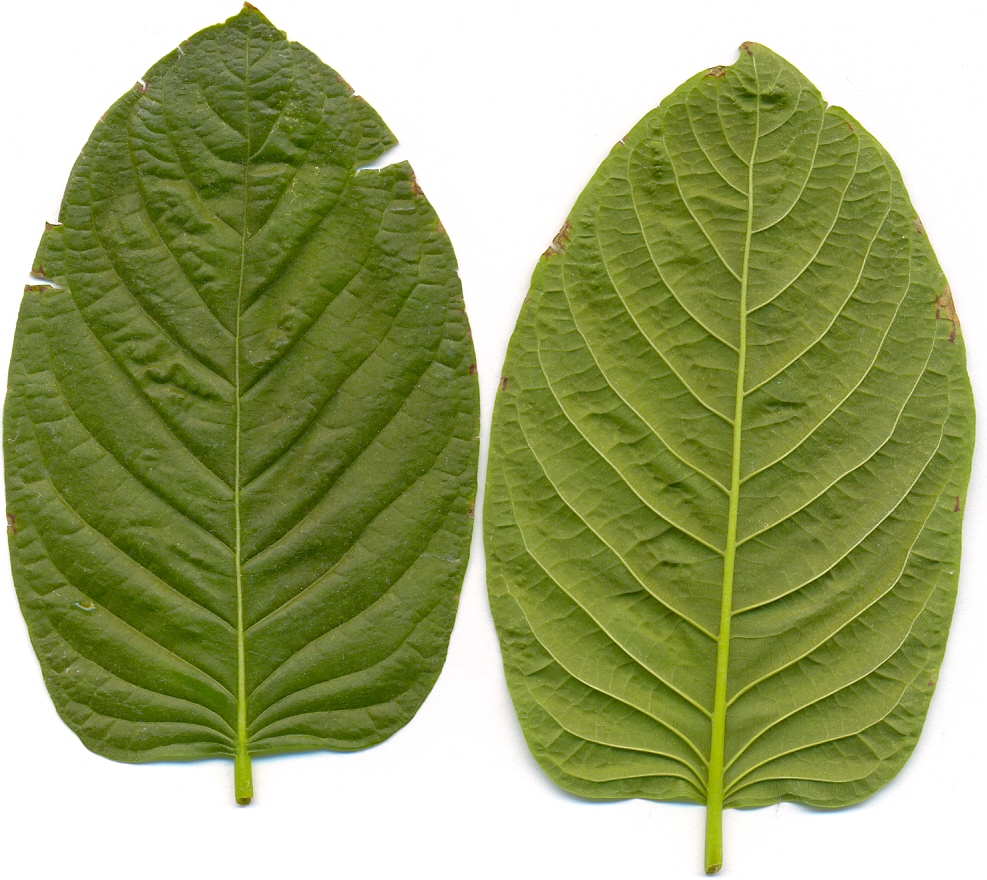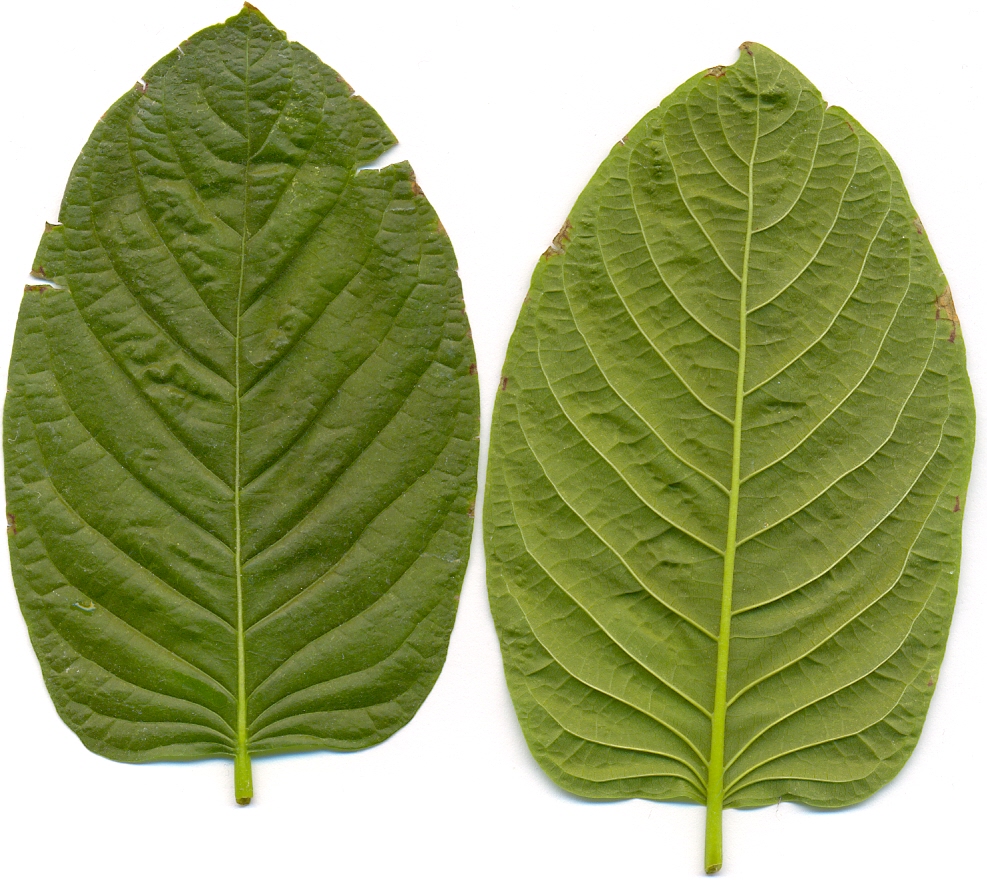Learn about brain health and nootropics to boost brain function
Too good to be true: Is kratom a breakthrough treatment or a dangerous drug?


(Natural News) The tropical kratom tree is currently at the center of great controversy as some people hail it as a breakthrough treatment while others insist it’s a dangerous drug. The leaf of the kratom plant has psychotropic effects and has long been used in Southeast Asia for pain relief, but its sudden spike in popularity around the world is causing a lot of concern. The kratom plant may be part of the coffee family, but the opioid compounds it contains are threatening to exacerbate the opioid epidemic that is taking so many lives in America and other countries.
One problem is that kratom causes effects that are similar to opioids as well as stimulants. When compounds in kratom leaves interact with the brain’s opioid receptors, it can cause pain reduction, pleasure and sedation. It also leads to bursts of energy, which is why some people use it in a similar way to caffeine.
Although it’s natural, the opioids in kratom pose the same risks of death and addiction as other opiates, making it far from the safer alternative some believe it to be. It has already been linked to dozens of deaths in the U.S., which is currently the drug’s top importer. It is estimated that around 5 million Americans take kratom, with many of them getting it through online platforms like Instagram and Facebook.
Some of the health effects that have been reported from taking kratom include nausea, sweating, dry mouth, itching, constipation, seizures, hallucinations, a loss of appetite, increased urination, and psychosis.
Friend or foe?
In the places where it grows natively, its reception is mixed. Those who grow it and profit from it insist it is safe and effective, while regulators take a different view. Indonesia has banned domestic consumption of kratom, although they do allow it to be exported in its unprocessed form.
100% organic essential oil sets now available for your home and personal care, including Rosemary, Oregano, Eucalyptus, Tea Tree, Clary Sage and more, all 100% organic and laboratory tested for safety. A multitude of uses, from stress reduction to topical first aid. See the complete listing here, and help support this news site.
In the U.S., kratom is legal in 43 states right now. It is often sold in powder or pill form, and it is sometimes used to formulate bars and beverages. Some people chew or smoke the leaves directly. However, an import alert has been placed on the plant, which means that shipments can be confiscated as they enter the country, and the FDA is eyeing tighter restrictions in the wake of the deadly opioid epidemic.
Experts don’t dispute the potential of some of its more positive characteristics, but they emphasize that a serious lack of research means nothing has been proven. Although many of the kratom deaths to date have involved the use of other substances as well, there are also reports of adulterated products that can be even more dangerous, such as kratom that is cut or mixed with drugs like hydrocodone or morphine. Some kratom has been found to contain bacteria, pesticides and heavy metals. Some have likened kratom to the Wild West, saying that you just don’t know what you’re getting when you take it. Moreover, the way it interacts with prescription drugs isn’t known.
The controversy over kratom calls to mind a similar controversy about medical marijuana and treatments like cannabis oil. Once illegal in every way, shape and form in America, it is now being legalized in many areas as it has proven its efficacy and relative safety in treating pain and a slew of medical conditions.
Could kratom one day prove to be just as valuable? The truth is that right now, not enough is really known about its dangers, safety, or efficacy. There’s no question that Big Pharma opioids are bad, but that doesn’t mean kratom is better. When safe treatments like CBD oil work so well for managing pain for so many people, why take a risk with a potentially dangerous medicine that still has so many unanswered questions?
Sources for this article include:
Click here to view full article